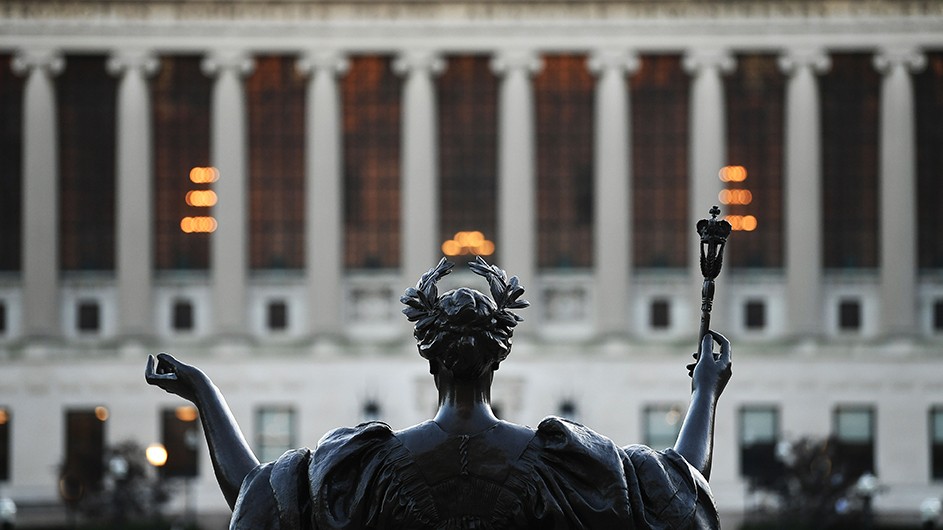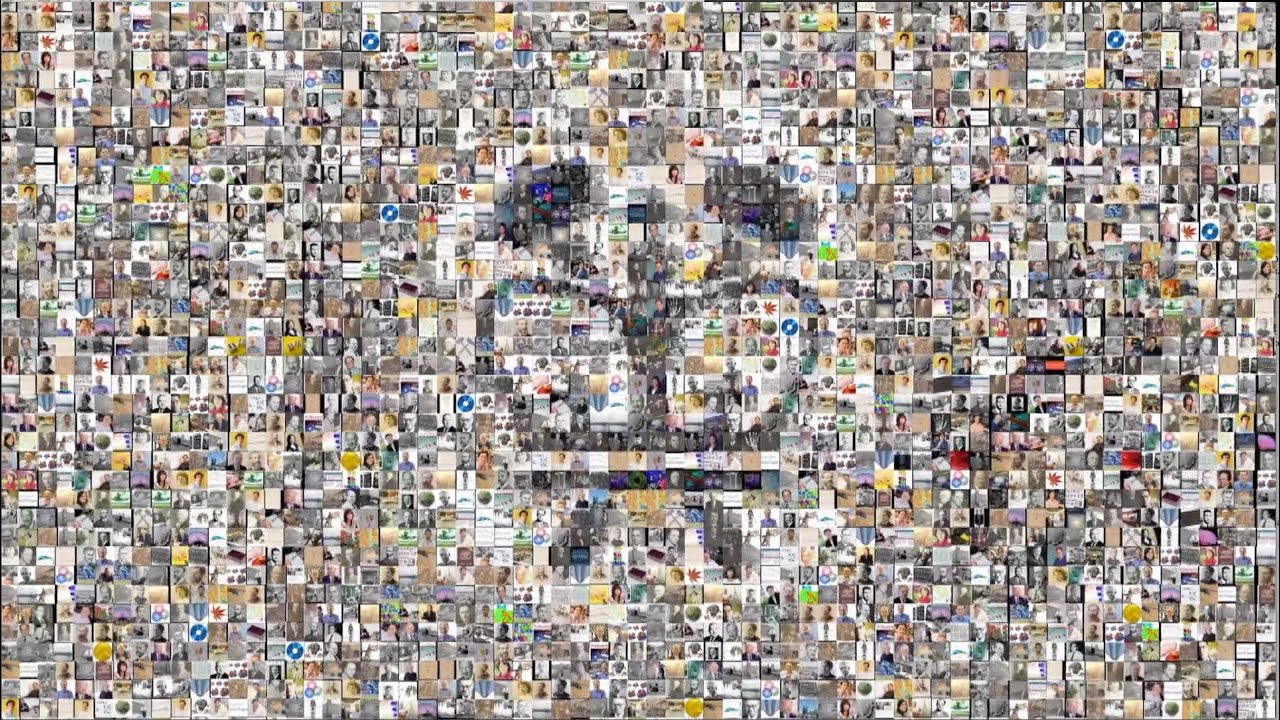 Citations and Plagiarism
Citations and Plagiarism
Engineering Community Standards
Academic integrity defines a university and is essential to the mission of education. At Columbia, students are expected to participate in an academic community that honors intellectual work and respects its origins. In particular, the abilities to synthesize information and produce original work are key components in the learning process. As such, a violation of academic integrity is one of the most serious offenses a student can commit at Columbia and can result in dismissal.
Honor Pledge
We, the graduate students of Columbia Engineering, hereby pledge that it is our responsibility to uphold intellectual honesty, mutual and self-respect in the academic community.
I affirm that I will not plagiarize, use unauthorized materials, or give or receive illegitimate help on assignments, papers, or examinations. I will also uphold equity and honesty in the evaluation of my work and the work of others. I do so to sustain a community built around this Code of Honor.
Code of Honor
As a graduate student of Columbia Engineering, I am accountable for any actions that do not instill intellectual honor, privilege, and freedomto learn, teach, and serve the world with my knowledge
Understanding the Policy
Violations of academic integrity may be intentional or unintentional and may include dishonesty in academic assignments or in dealing with University officials, including faculty and staff members. Moreover, dishonesty during the Dean’s Discipline hearing process may result in more serious consequences.
Overseen by the Office of Graduate Student Affairs, the Dean’s Discipline process is an educational one that determines responsibility using the principle of "preponderance of evidence." A student charged with a violation of academic integrity is notified and provided the opportunity to respond through the Dean's Discipline process with the support of their departmental Assistant Dean. If the student is found responsible for a violation sanctions will be issued upon consideration of the specifics of the case, institutional precedent, disciplinary history, aggravating circumstances, and community impact. A student found responsible for an academic integrity violation may expect to receive sanctions ranging from conditional disciplinary probation, disciplinary probation and may even be suspended or expelled from the University.
Additionally, students found responsible for violations of academic integrity may be required to report such offenses on future applications to graduate and professional schools. The University reserves the right to indicate disciplinary suspension or expulsion on a student's academic transcript. Furthermore, the instructor of record reserves the right to determine how the student's final grade will be affected in the course where the academic integrity violation occurred.
Studying with Integrity
During your time here, you will be challenged to act with integrity. In some cases acting with integrity is easy - others are more complex and difficult. Take a look at the following tips that will help you complete your work with integrity:
- Go to office hours and get to know faculty memebers and teachinbg assistants
- Organize your schedule.
- Don't wait unitl the last minute to start writing papers or working on assignments.
- Speak up and ask for help!
Upholding Integrity
Academic courses can be very challenging, for it requires us to create original work from our synthesis of the work done by others. You will learn strategies for developing original work, ways to ensure that your work is trustworthy, the consequences for submitting work that is dishonest, and the resources available to assist you in achieving your best work.
To help you uphold our academic integrity policies, you can:
- Discuss with each of your faculty their expectations for maintaining academic integrity. Understand that you have a student responsibility to uphold academic integrity based on the expectations outlined in each of your course syllabi.
- Understand instructors' criteria for academic integrity and their policies on citation and group collaboration.
- Clarify any questions or concerns about assignments with instructors as early as possible.
- Develop a timeline for drafts and final edits of assignments and begin preparation in advance.
- Avoid plagiarism: acknowledge people’s opinions and theories by carefully citing their words and always indicating sources.
- Assume that collaboration in the completion of assignments is prohibited unless specified by the instructor.
 Citations and Plagiarism
Citations and Plagiarism
 Study Tools
Study Tools
Contact Us
All graduate and doctoral students should familiarize themselves with and follow the regulations of the university, the Fu Foundation School of Engineering and Applied Science, and their individual academic department and/or programs of study. Please be aware that lack of knowledge about university, SEAS and/or departmental rules and policies does not excuse students who fail to comply with these regulations.
The Engineering Graduate School reserves the right to make changes at any time. To be certain of a SEAS rule or policy or for more information , please visit the Columbia Engineering Bulletin or contact us at [email protected]
Report an Academic Violation
Students who suspect others of violating an academic policy can report an academic integrity violation here:
GRADUATE STUDENT HANDBOOK
This student handbook contains most of the policies guiding your tenure as students at Columbia. You are responsible for knowing the contents and following all policies contained within.
Federal Family Educational Rights and Privacy Act (FERPA)
Policy on Access to Student Records under the Federal Family Educational Rights and Privacy Act (FERPA) of 1974, as Amended, which regulates a wide range of privacy related activities including:
- Management of student records maintained by the University.
- Regulations regarding who has access to student records.
- For which purposes access to student records is granted.
The act also:
- Permits the University to release limited directory information without a student's consent.
- Guarantees students access to their records, and allows them to restrict such access to others.
HAVE AN EMERGENCY?
Call Public Safety at (212) 854-5555
